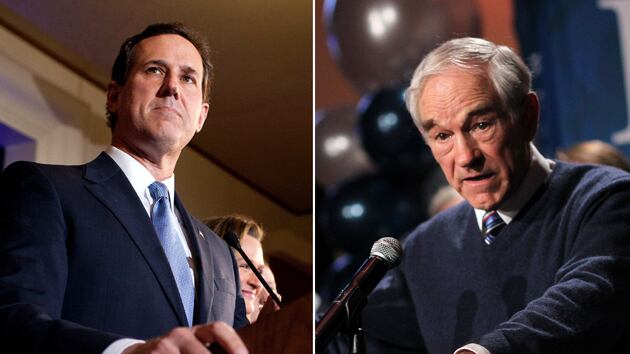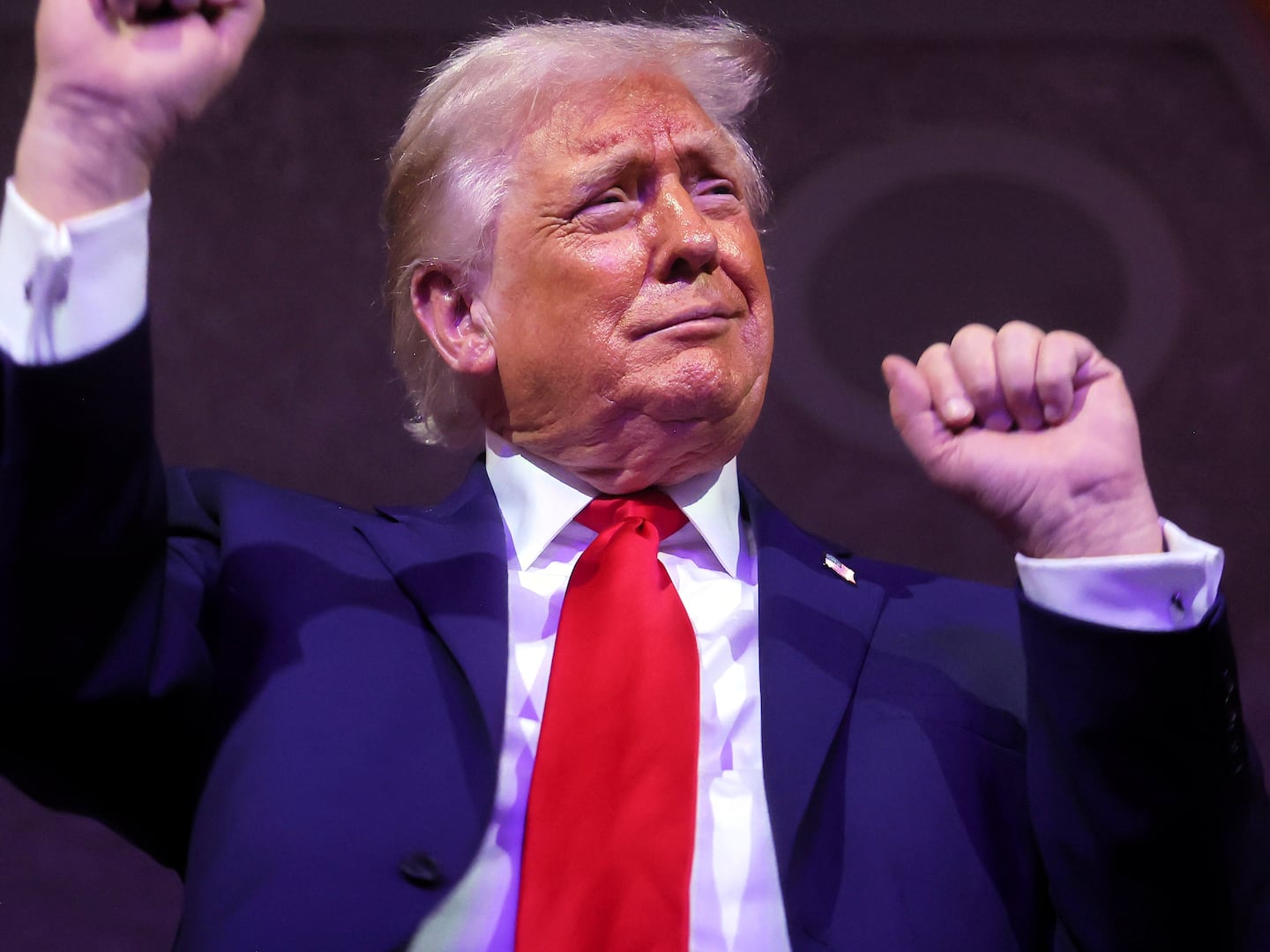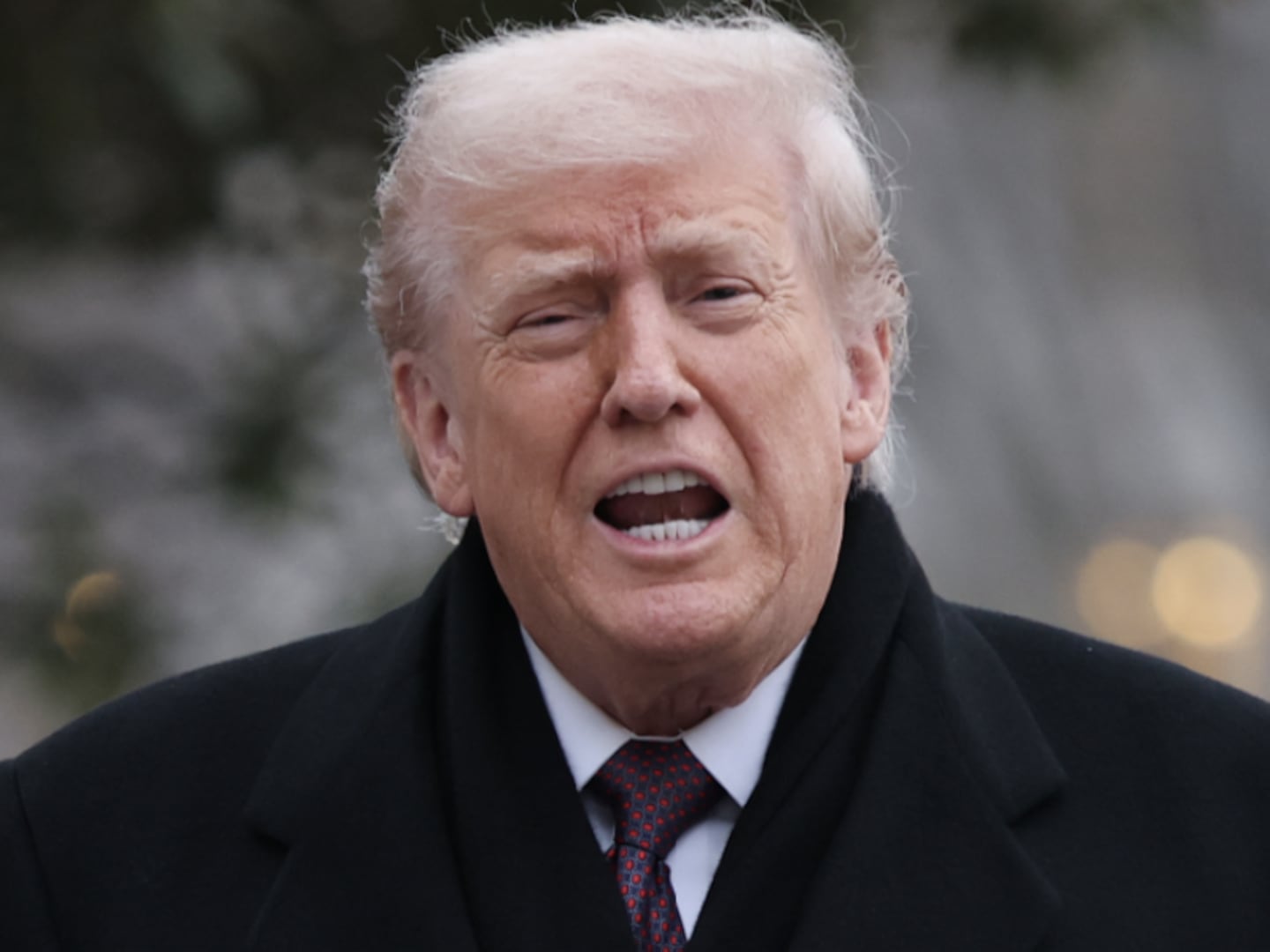The goal now, said top Rick Santorum strategist John Brabender, is “long-term survivability, not big wins.”

What politicians know—and what the press would rather you didn’t—is that the Republican nomination is not a popularity contest. Really, it’s not even a public election, but a party affair (as are Democratic nominations) where voters don’t pick a candidate, but a delegate to the Republican National Convention, who in turn picks a candidate—and not always the one voters asked him or her to pick. It’s a complicated, often indirect process that gives some states far more influence than others, and makes the Electoral College seem straightforward by comparison.
Take the Northern Mariana Islands, a U.S. territory located on a handful of barren coral atolls in the middle of the Pacific and with less than one sixtieth the population of Iowa. Yet it awards nine delegates to the Republican National Convention—about a third as many as the Hawkeye State.
What all this means is that a smart but underfunded campaign can adjust its strategy to focus on states where it can get the most bang for its buck and accumulate delegates in excess of its total support. See: Barack Obama, 2008. Although Hillary Clinton edged out Obama in high-turnout primaries in traditional Democratic strongholds like Massachusetts and California, she was trounced in the delegate count in low-turnout caucuses like Minnesota and Idaho. At the end of the contest, Obama and Clinton were nearly deadlocked in the total national popular vote, but Obama had eked out a narrow but decisive lead in the delegate count.
Taking the Obama tack this year are the two insurgent candidates, Ron Paul and now Santorum. Paul has long maintained that his focus is on caucus states and collecting delegates. “It’s all about the delegates,” he’s fond of saying, and he means it. He’s effectively skipping the winner-takes-all-delegates contest in Florida, a very expensive state to campaign in (and which lost half its delegates as a penalty for moving its primary day up without the party’s permission). The Texas congressman won’t even be in Florida on the night of its Jan. 31 primary.
Dan Schnur, a Republican strategist who has worked for both George H.W. Bush and John McCain, characterizes caucuses as perfect venues for candidates like Paul, “with smaller numbers of supporters who are very intense about the campaign.” Such dedicated backers can produce outsize results in caucuses, which demand a high level of participation that lowers the number of people who do in fact participate, leaving them open to being overwhelmed by a relative handful of motivated supporters of a candidate. In fact, Schnur said, while “Paul may not want to admit it, he’s taking a page out of the Obama playbook.”
“Ron Paul’s not going to be our nominee,” Mitt Romney said in December, but if Republicans are unable to settle on one, Paul’s delegates could be crucial. Which seems to be one reason that Newt Gingrich has begun to pick up on some of Paul’s issues, even adding two “gold bugs” as advisers. Paul, who never endorsed McCain in 2008 and was effectively barred from the convention that year, didn’t quite say he’d endorse Gingrich if he were the party’s nominee, but did signal that he’d reward Gingrich for adopting some of his positions. “Well, he keeps hinting about attacking the Fed, and now he talks about gold,” Paul said in praise of the former speaker at Monday night’s debate, adding impishly that he hoped Gingrich would also follow his lead on foreign policy.
After failing to convert his eventual win in Iowa into much momentum in South Carolina, Santorum has been forced by necessity to shift into a somewhat similar strategy. Although he’s still investing some time in Florida, he’s not spending any of his limited campaign funds on television advertising in the broad and vastly expensive state, with its 10 separate media markets. His strategy now seems to be to keep his head low and be ready to pounce if both Romney and Gingrich emerge from Florida having bloodied and bruised one another.
Brabender said the race is about “which candidate survives and which candidate pulls away.” The Santorum campaign is targeting Western states like Nevada, which has only two major media markets, and Colorado, where the former Pennsylvania senator has already been endorsed by leading social conservative James Dobson. Santorum’s goal, said Brabender, is “not necessarily that we’re going win [every state] but finishing second in a lot of states where we’re doing well.”
He also compared the campaign’s strategy (though not its ideology) to Obama’s. “Hillary Clinton kept on winning all the big states, but Obama won all the small caucuses.”
Meanwhile, Romney and Gingrich, both backed by well-funded super PACs, are going all out in hopes of taking Florida, which awards all its delegates to the winner of the popular vote. Each is hoping to land a knockout blow in the Sunshine State by winning decisively enough to build an aura of inevitability that will help him cruise to victory, no need to quibble about delegate counts.
“Gingrich is the anti-Paul,” said Schnur, with “very little organizational structure … but he’s a terrific communicator and has been raising money fairly effectively. For him, a primary is a perfect venue. “
But while both approaches have their strengths, candidates need to be able to compete in every state. Neither Clinton nor Obama ever totally wrote off any state, and both were on the ballot in every contest. In contrast, Paul and Santorum are trying to pick and choose their battlegrounds and Gingrich is going all out in Florida, just as he did in South Carolina. Only Romney has a national organization.
Neither Gingrich nor Santorum will appear on the ballot in delegate-rich Virginia, essentially ceding that state to Romney and exposing the limits of their operations.
Romney is running a “slow and steady campaign,” said political scientist Tom Schaller of the University of Maryland, Baltimore County. He is "going to collect delegates at every stop. He’s on the ballots; he’s going to get his 25 percent ... He’s the best prepared.”






